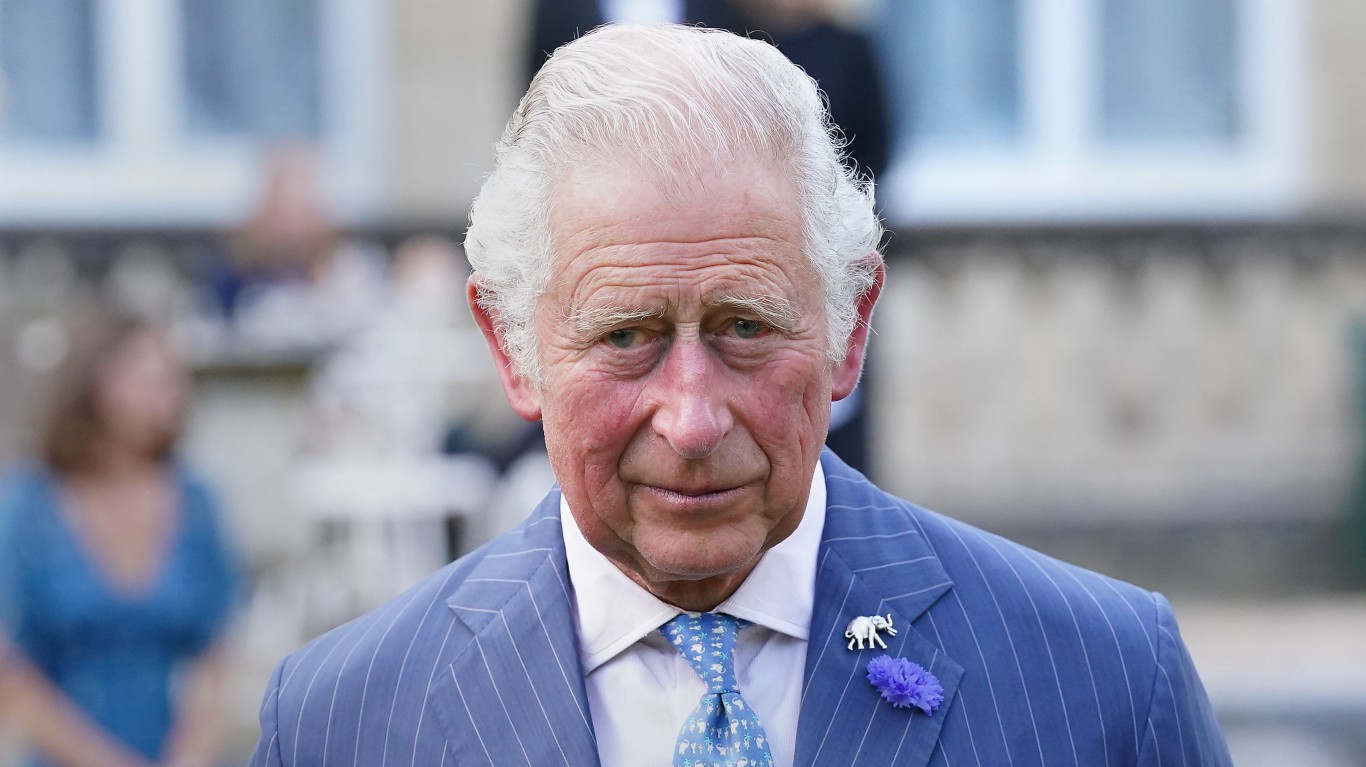
President Trump Friday announced the enactment of 25% tariffs on $50 billion worth of Chinese goods imported into the United States. Trump said the goods contain industrially significant technologies as defined by section 301 of the Trade Act of 1974.
The list of items products subject to the tariffs announced this morning numbers 1,102. U.S. Customs and Border Protection agents will begin collecting tariffs July 6 on the first $34 billion worth of 818 imported products. Tariffs on the remaining 284 items are still being reviewed and the Office of the U.S. Trade Representative (USTR) will issue a final determination on additional duties on these products once the review is completed.
U.S. Trade Representative Ambassador Robert Lighthizer said:
We must take strong defensive actions to protect America’s leadership in technology and innovation against the unprecedented threat posed by China’s theft of our intellectual property, the forced transfer of American technology, and its cyber attacks on our computer networks. China’s government is aggressively working to undermine America’s high-tech industries and our economic leadership through unfair trade practices and industrial policies like ‘Made in China 2025.’ Technology and innovation are America’s greatest economic assets and President Trump rightfully recognizes that if we want our country to have a prosperous future, we must take a stand now to uphold fair trade and protect American competitiveness.
The Chinese government in April published a list of more than 100 items that would face tariffs if Trump went ahead with U.S. tariffs on Chinese goods. That list included such items as soybeans, meat, whiskey, airplanes, and cars. China’s Ministry of Commerce (MOFCOM) issued a statement Friday morning as well:
We deeply regret that the United States has disregarded the consensus it has formed and is fickle, provoking a trade war. This move is not only damaging bilateral interests but also undermining the world trade order. China firmly opposes this.
Trump’s goal is to cut the trade imbalance with China by about $200 billion. The U.S. trade deficit with China in 2017 ran to just over $375 billion.
The president is also ginning up tariffs for goods imported from Canada, Mexico, and several European Union countries on what he claims are national security concerns. Business groups such as the Business Roundtable and the reliably Republican U.S. Chamber of Commerce have objected to these proposed tariffs.
The lists of goods subject to U.S. tariffs is available in the USTR’s Friday announcement.
Thank you for reading! Have some feedback for us?
Contact the 24/7 Wall St. editorial team.
 24/7 Wall St.
24/7 Wall St.

